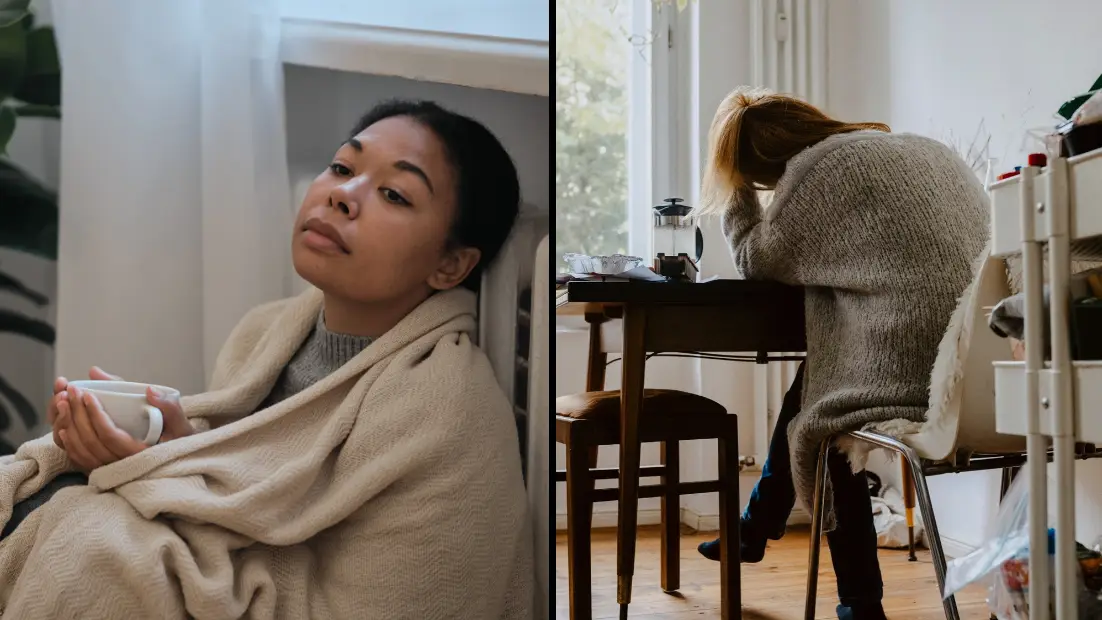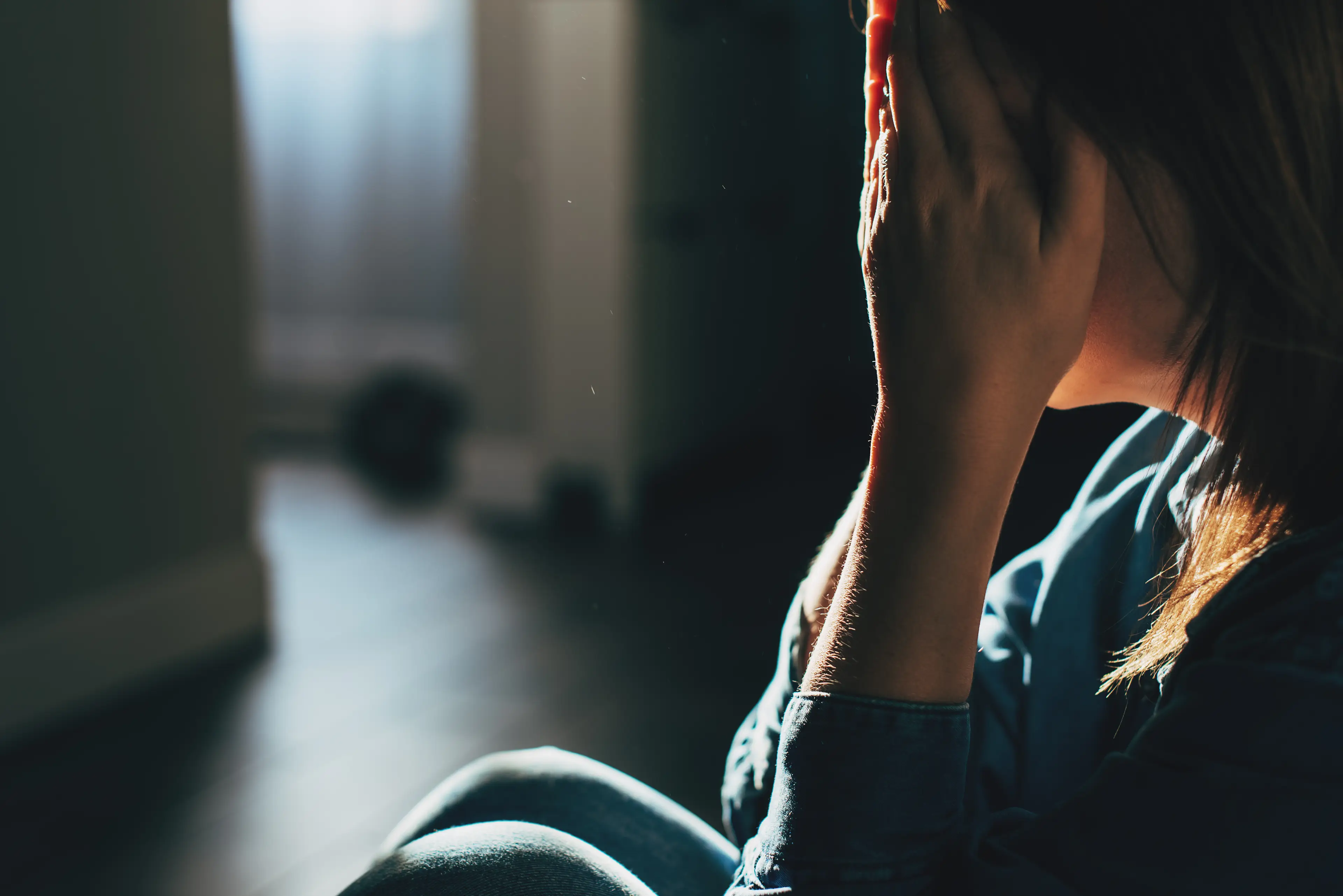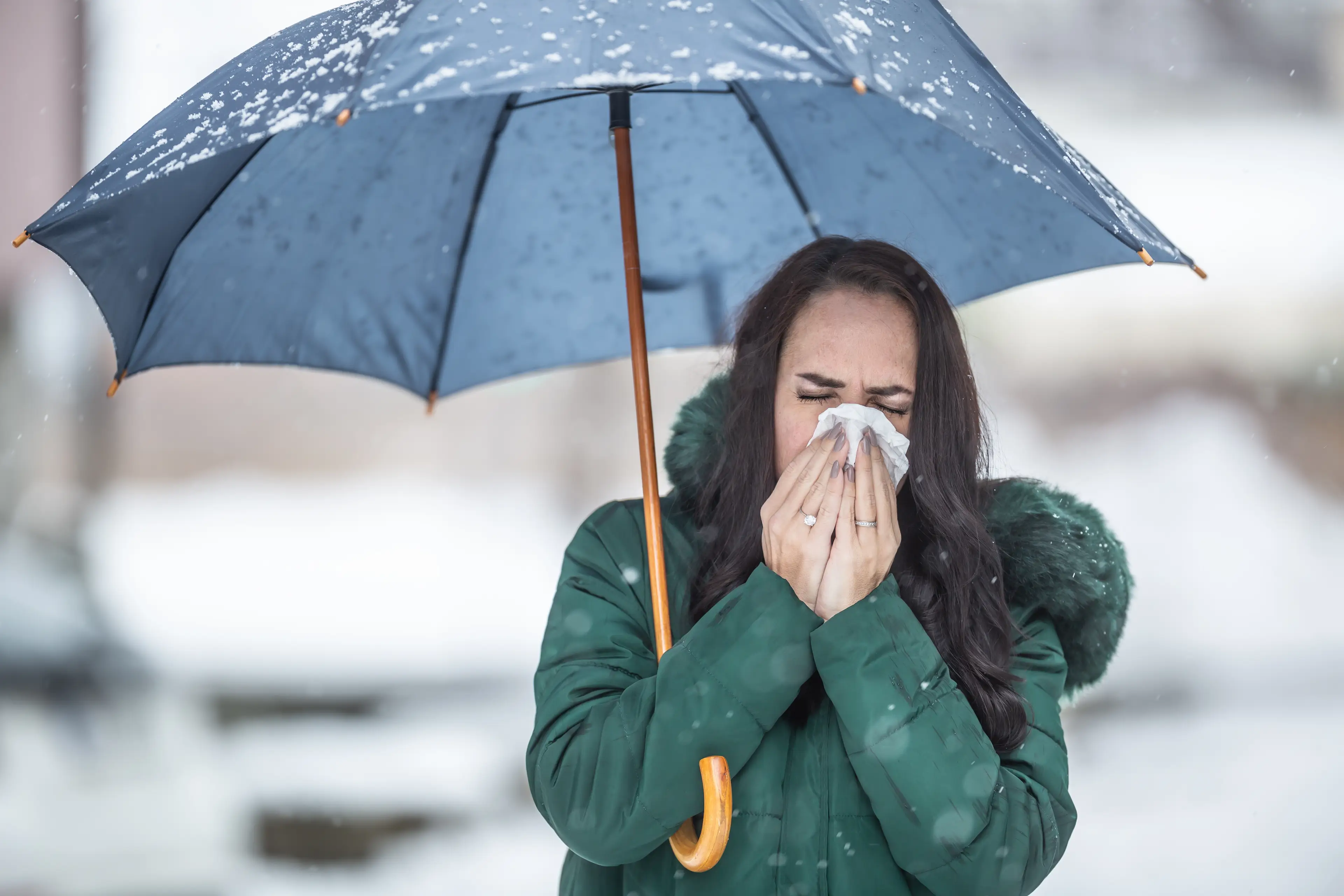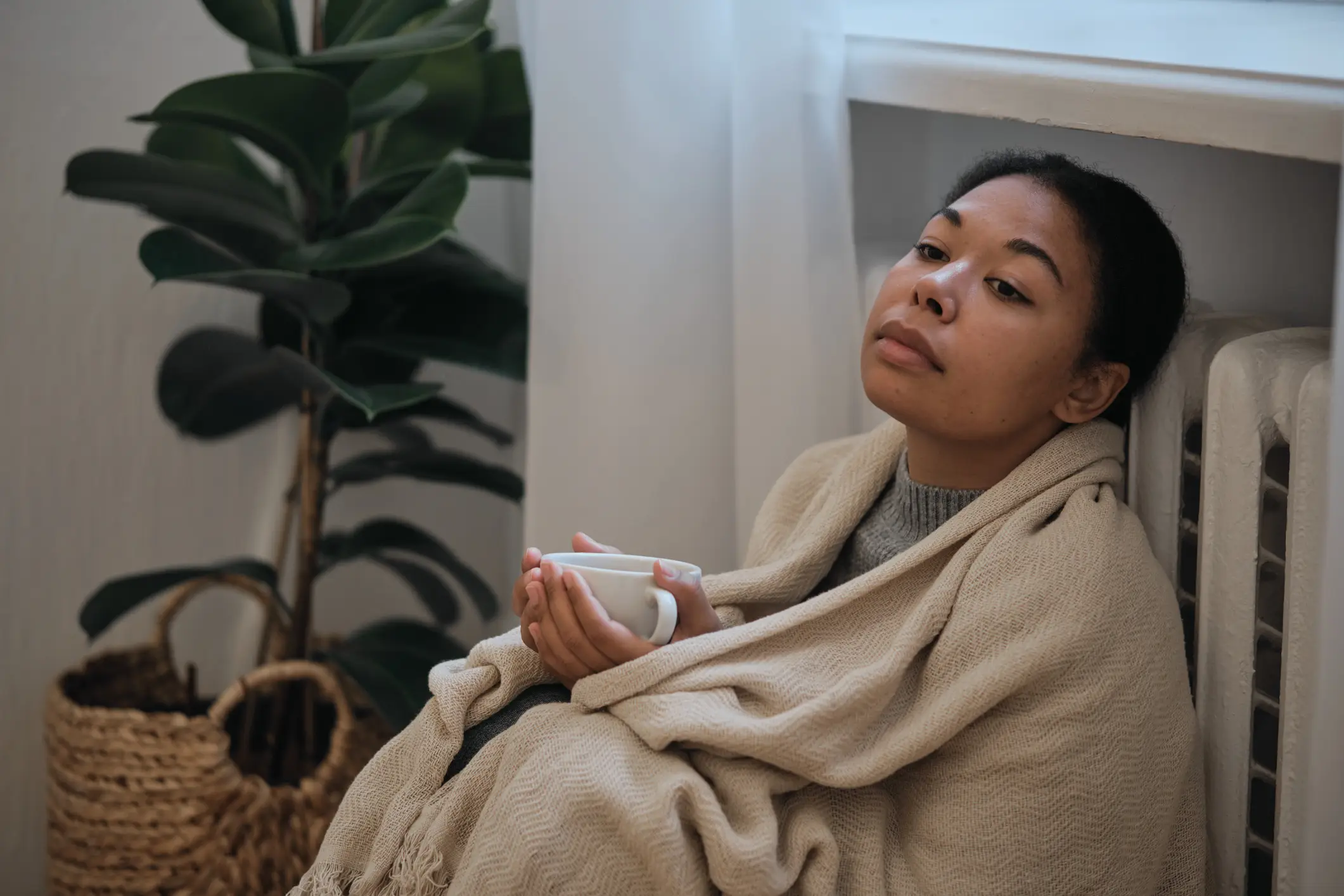
The idea of feeling a bit rubbish as you enter the winter months has been laughed off by many for a long time now, but it's a very real medical condition, and it impacts millions of Brits every single year.
Currently in the United Kingdom, around 3.5 million people suffer from something known as seasonal affective disorder, or SAD.
A type of depression - as categorised by the NHS - that more than the 3.5 million may well be dealing with without an official diagnosis.
The American Psychiatric Association estimates that between 0.5 percent and five percent of the population deal with this form of depression on an annual basis.
Advert
And as we approach the winter solstice, which is officially the darkest day of the year (21 December), many more may be feeling this more intensely than usual.
What is seasonal affective disorder (SAD)?
According to Dr Scott Anderson, who is a clinical professor at UC Davis Medical School in Sacramento, California, symptoms of SAD are experienced by 'close to 10 percent of people'.
But what are the symptoms?
According to the NHS, there is a vast range of symptoms experienced by those who have seasonal affective disorder.
One common sign is a persistent low mood, which is followed up by a 'loss of pleasure or interest in normal everyday activities'.
On top of this, you might feel a sense of irritability alongside feelings of despair, guilt and worthlessness.
Feeling lethargic, or lacking in energy, alongside being sleepy during the day is also a sign of the disorder.

The NHS adds that 'sleeping for longer than normal and finding it hard to get up in the morning and craving carbohydrates and gaining weight' has also been reported as symptoms. An overall difficulty in concentrating and a decreased sex drive may also be experienced by those with SAD.
"We also know that certain behaviours go along with SAD, including alcohol abuse, eating disorders and social anxiety. Prevention involves struggling to maintain sleep-wake schedules, irrespective of seasonal variations in sunlight exposure," Dr Anderson says.

Seasonal affective disorder (SAD) and winter solstice
Given that, in general, the above symptoms become more prevalent during the cold, dark winter months, it should be no surprise that there is a relationship between experiencing SAD and the winter solstice.
This is the point in the year where the sun appears lowest in the sky, meaning that even if it's a sunny day, sunlight itself is at its most limited.
Warmth from the sun is therefore also at its worst point in the year, meaning the weeks leading up to it and those after it are the worst for your health when it comes to things like absorbing vitamin D and all its benefits.
Dr Anderson says: "If the daylight periods in a northern latitude are quite short, it becomes challenging to go to sleep and get up at the same time.
"The converse experience is trying to sleep when the sun shines late into the evening, above the Arctic Circle. Ancient physicians, including Hippocrates, recognised seasonal patterns for disturbed mood."

How to deal with seasonal affective disorder (SAD)
As De Anderson suggested, your diet is key to making SAD better or worse. Likewise, a good night's sleep is also critical.
The NHS offers four main treatments. The first is lifestyle measures which includes getting as much natural sunlight as possible, exercising regularly and managing your stress levels.
Next up is light therapy; this is where a special lamp called a light box is used to simulate exposure to sunlight. Third is talking therapies such as cognitive behavioural therapy (CBT) or counselling.
And a last option is antidepressant medicine. This includes selective serotonin reuptake inhibitors (SSRIs). If you think you're suffering from SAD, contact your GP for help.
If you're experiencing distressing thoughts and feelings, the Campaign Against Living Miserably (CALM) is there to support you. They're open from 5pm–midnight, 365 days a year. Their national number is 0800 58 58 58 and they also have a webchat service if you're not comfortable talking on the phone.
Topics: Health, Mental Health, UK News, Weather, Sleep